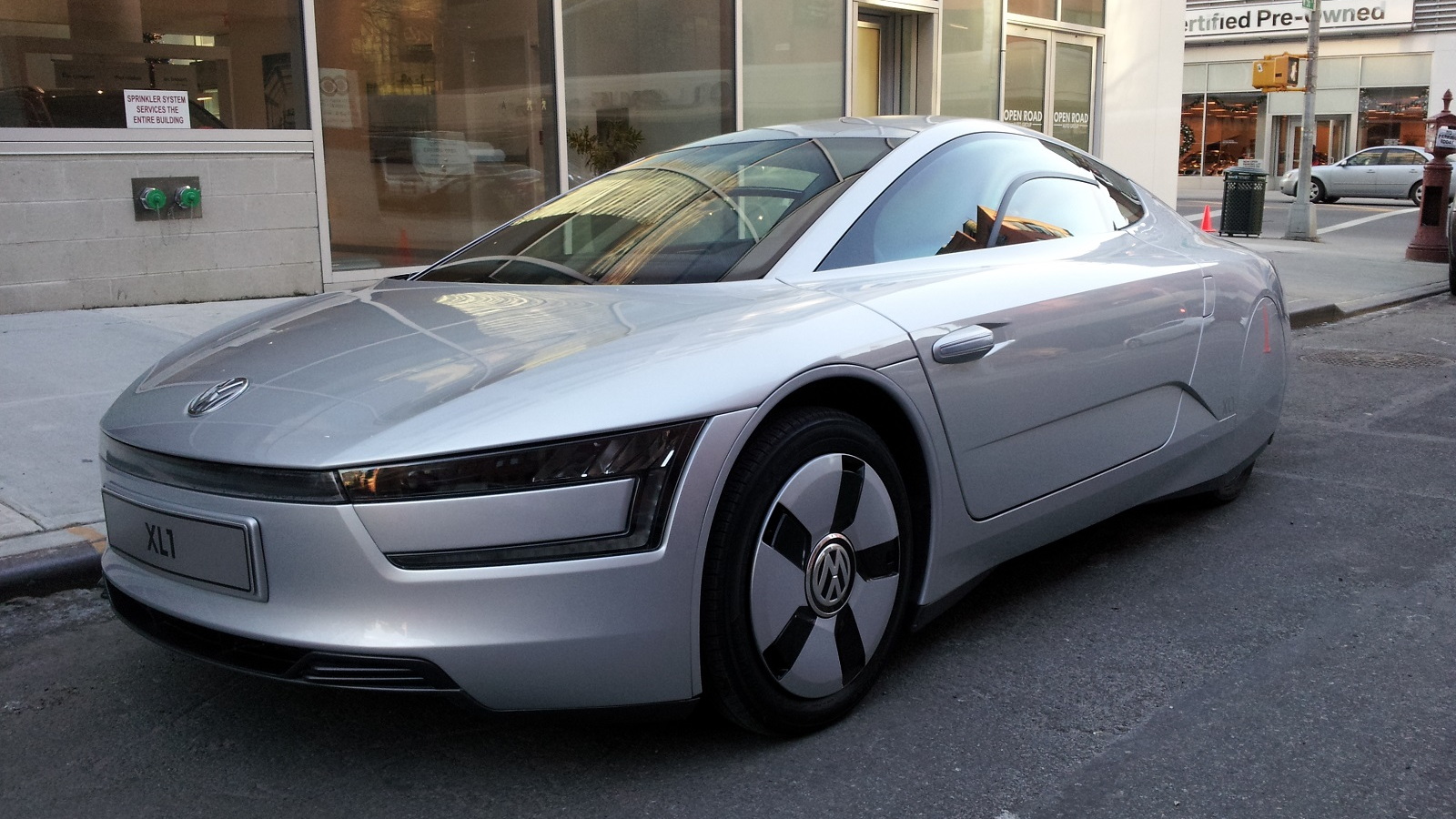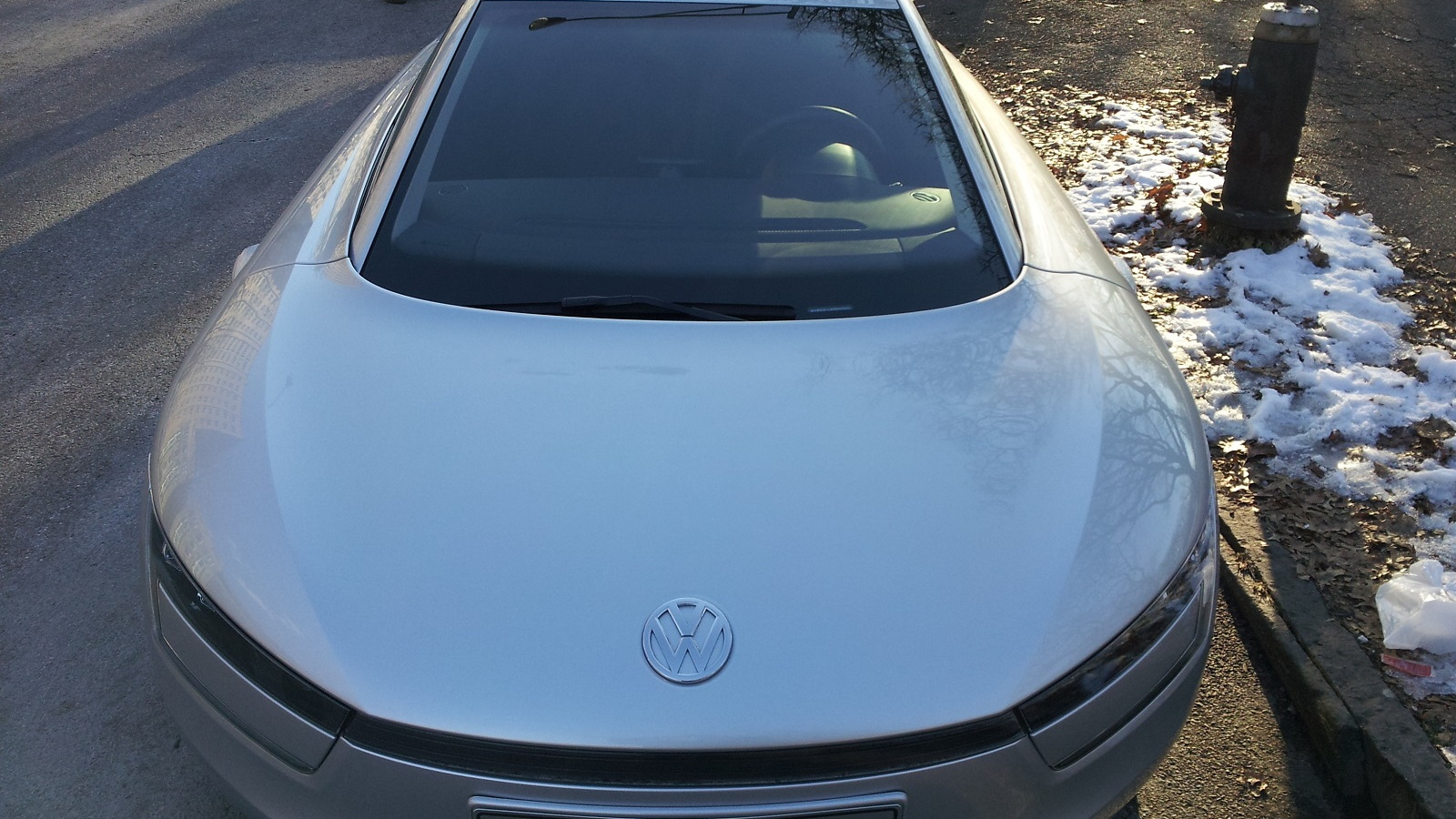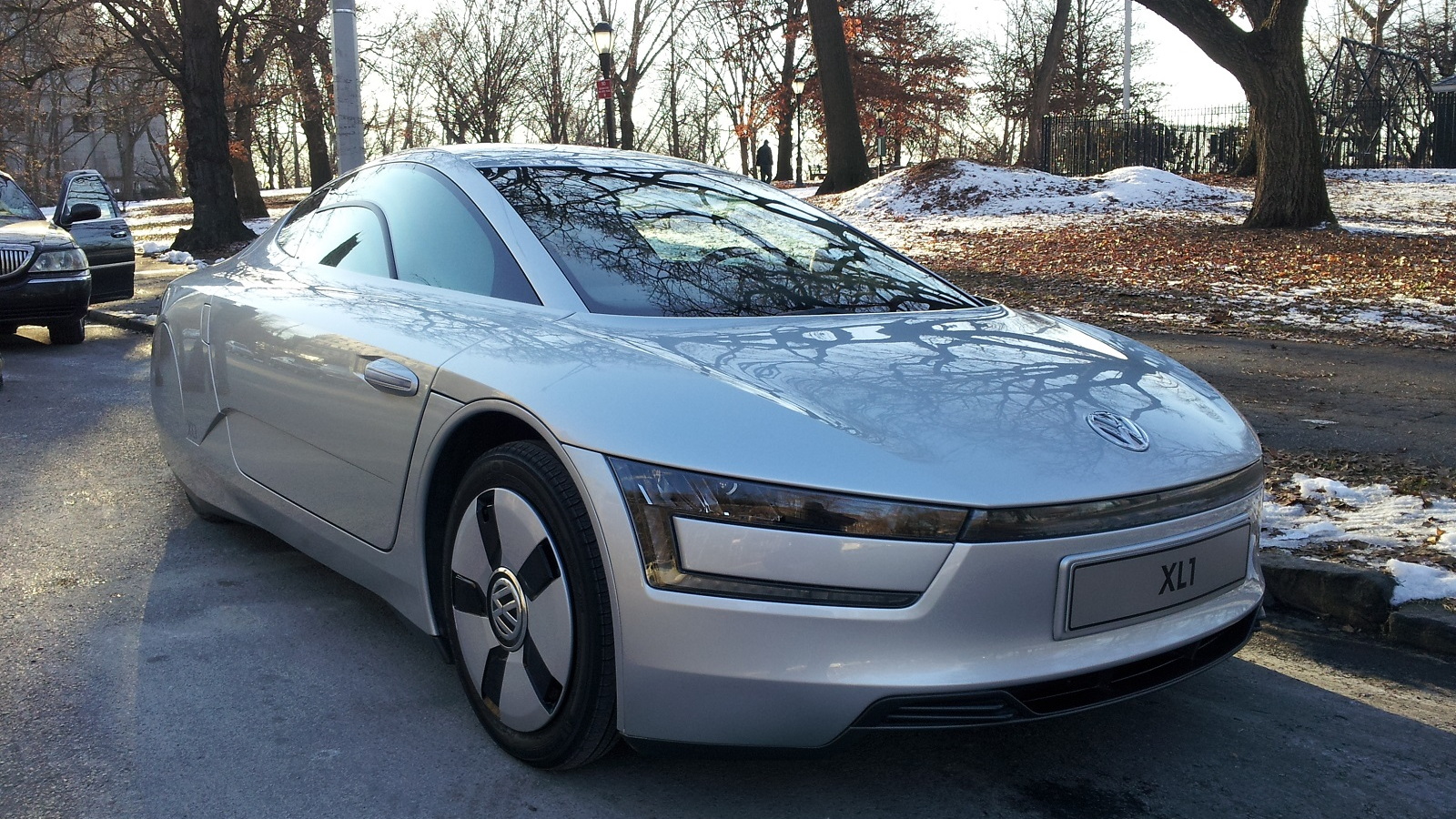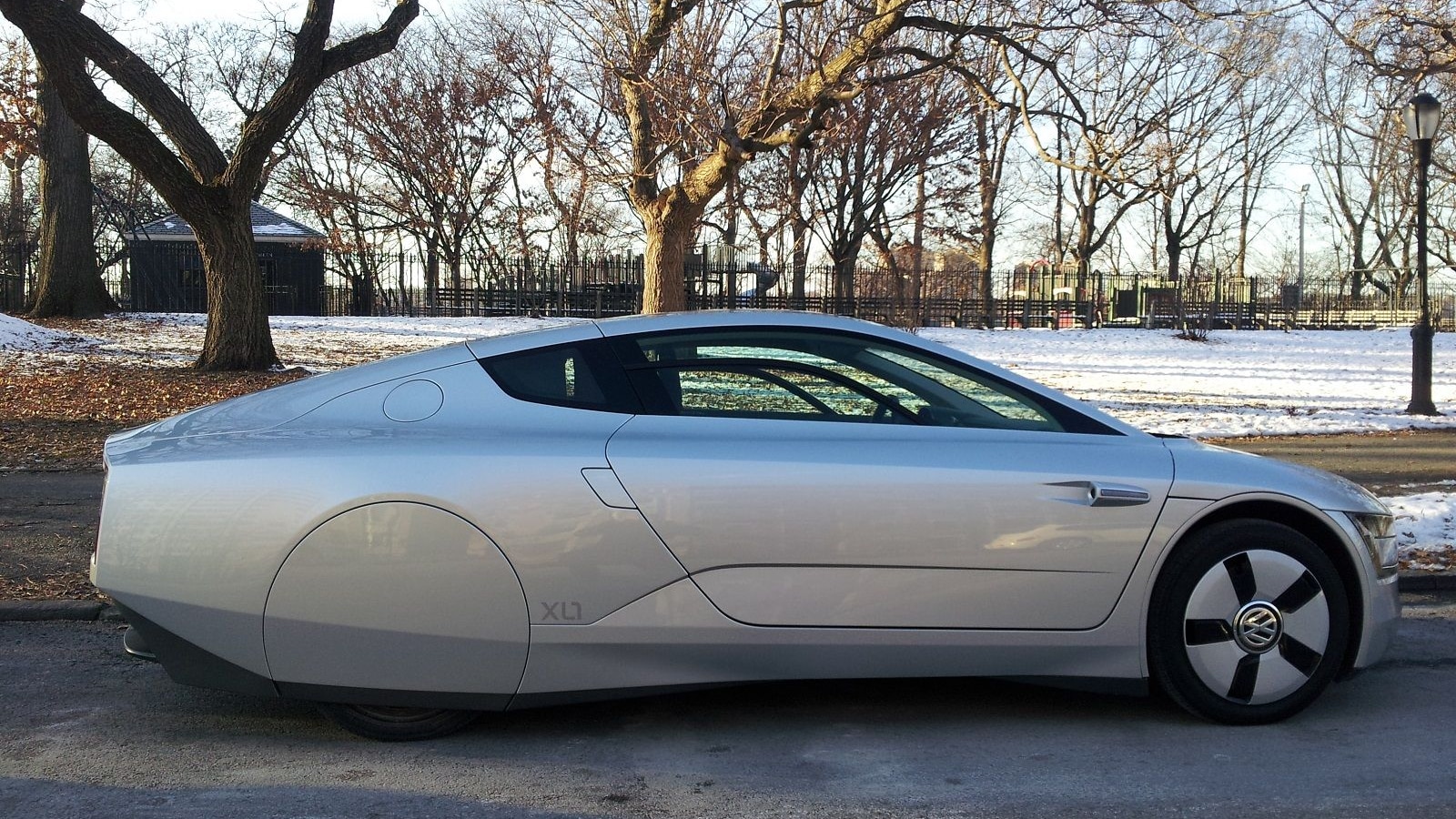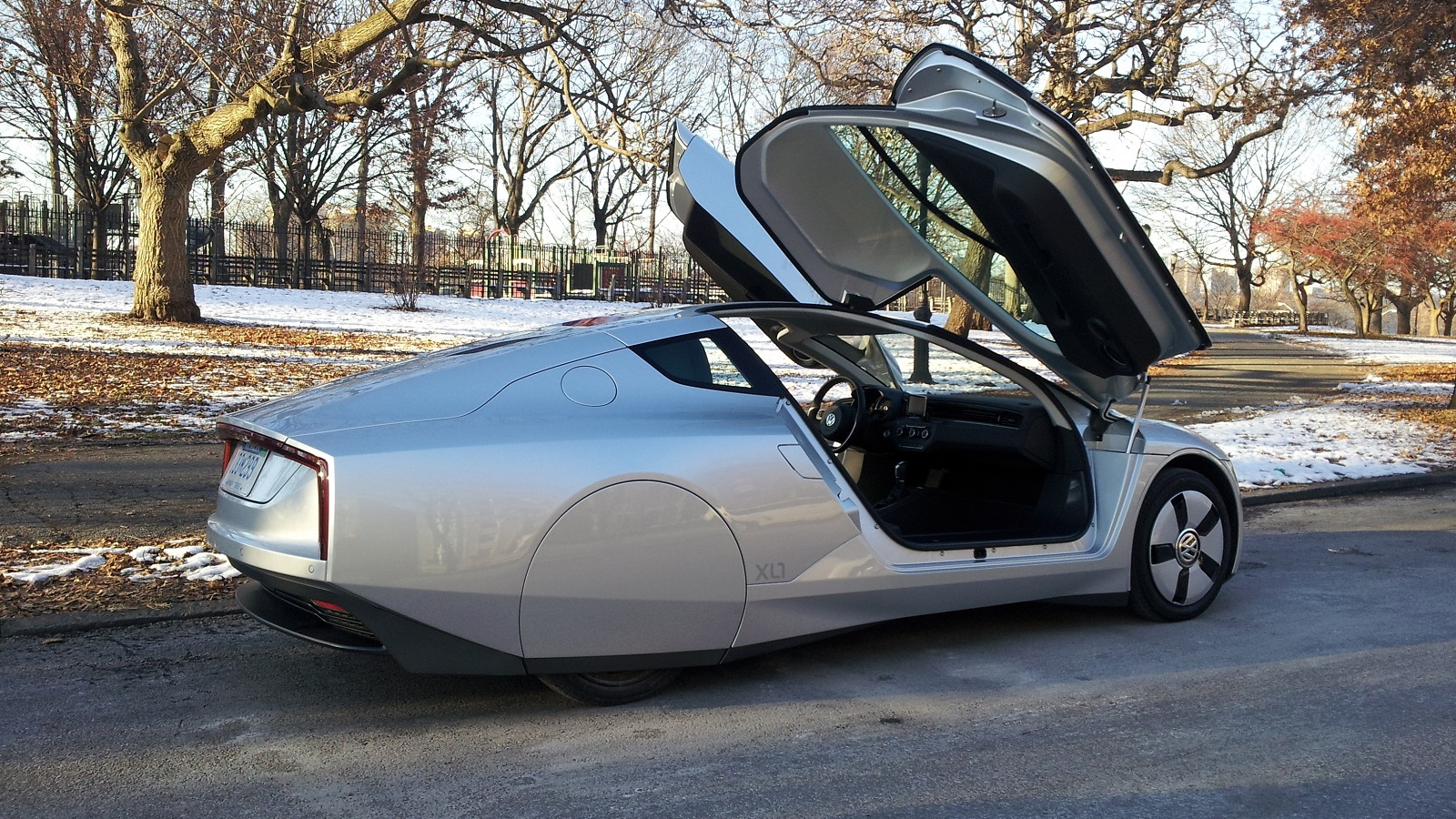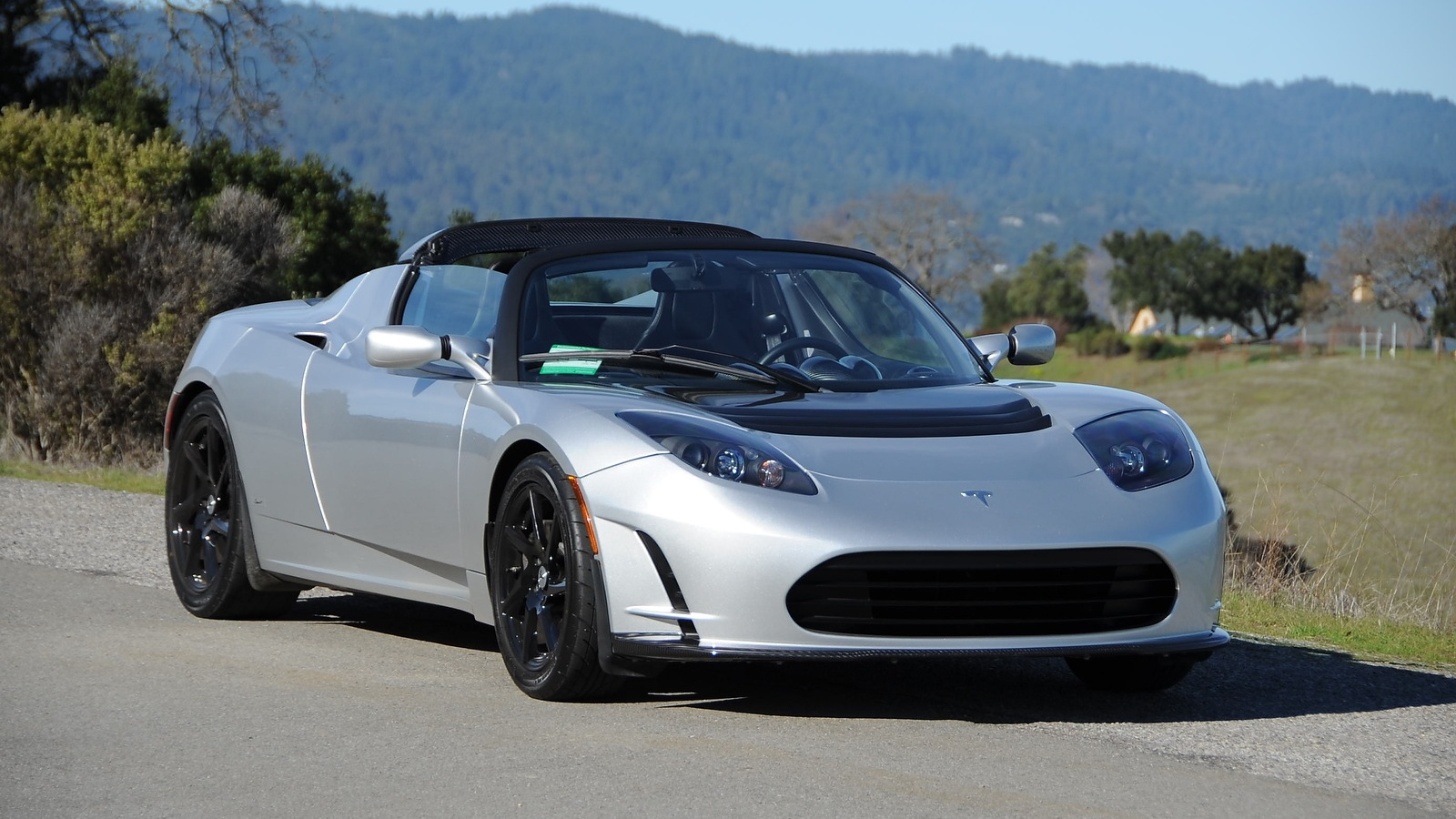Ah, conspiracy theories and urban legends. They lure us in with the promise of dark plots and amazing events--even as our rational minds suggest they're likely not true.
Now the ultra-efficient Volkswagen XL1 economy car, the highly aerodynamic two-seat diesel plug-in hybrid we drove last fall, has become the subject of a conspiracy theory.
DON'T MISS: Volkswagen XL1 138-MPG Diesel Plug-In Hybrid: Drive Report
A circulating Internet story suggests that the Federal government has banned the XL1--a "normal production car"--because "it is too efficient for the American public to be made widely aware of, and oil profits are too high in America with the status quo in place."
Luckily, there's Snopes.
The popular website investigates urban myths and conspiracy theories, fact-checking the assertions and referred to numerous sources (including, in this case, this very site) that provide facts to counter the conspiracy ideas that catch readers' attention.
In a calm, reasoned manner, its Monday post demolished the various paranoid assertions of a "freelance journalist" named Jim Stone.
ALSO: Five Reasons Small Diesels Won't Dominate the U.S. Car Market
He had asserted that 2,000 units of the "$60,000" XL1 were being made, and that it got "300 mpg"--without stressing the important differences between the European test cycle and U.S. testing.
Nor was it clear that such a rating blended both operation on diesel fuel and operation on battery electricity charged by plugging in the car.
Snopes corrected these points, noting that only 200 copies of the XL1 are being built, that the car wasn't designed to comply with U.S. vehicle standards in the first place, and that its price is more than $100,000.
The post concludes, "As in so many cases, what is attributed to furtive conspiracy is more easily explained away as wishful thinking colliding with the hard, cold realities of economics."
MORE: Orders For 261-MPG Volkswagen XL1 Exceed Production of 200
Especially if you haven't read any Snopes posts before, it's worth going through this one to see how fact-based reality can overcome mistakes, delusions, and paranoia.
But be careful scanning Snopes at large; the variety of wacky ideas it calmly analyzes can prove addictive.
_______________________________________________

